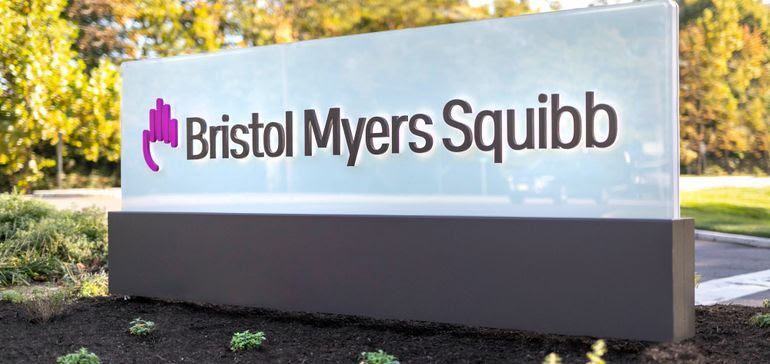Published June 1, 2022

Permission granted by Bristol-Myers Squibb
Dive Brief:
- Bristol Myers Squibb’s experimental autoimmune disease drug deucravacitinib helped treat moderate-to-severe lupus in a Phase 2 trial, the company reported Wednesday. Results, which were presented at a medical conference in Denmark, showed two doses of the pill led to significantly higher response rates than did a placebo.
- Company executives said they will advance deucravacitinib into Phase 3 trials in lupus, adding a new opportunity for a drug that’s already under Food and Drug Administration review for psoriasis and is in Phase 3 testing for psoriatic arthritis. The drug didn’t help patients with ulcerative colitis in a mid-stage trial, however.
- Deucravacitinib is one of nine new drugs that Bristol Myers executives believe will help offset revenue losses expected to follow looming patent expirations for top-selling drugs like blood thinner Eliquis and cancer immunotherapy Opdivo. The company estimates deucravacitinib could earn as much as $4 billion a year by 2029 across several diseases, although Wall Street analysts’ forecasts are lower.
Dive Insight:
Until the launch of GSK’s Benlysta in 2011, people with lupus didn’t have a treatment option that targeted the disease’s underlying cause, relying instead on steroids and immunosuppressants to keep symptoms under control. AstraZeneca’s Saphnelo followed Benlysta to market in 2021.
Both are biologic drugs, however, requiring an intravenous infusion in the case of Saphnelo and either an IV infusion or subcutaneous injection for Benlysta.
Deucravacitinib is a different type of anti-inflammatory drug, designed to inhibit an enzyme that’s grouped with a family of proteins known as Janus kinases. JAK inhibition has been a successful approach to treating rheumatoid arthritis with drugs like Pfizer’s Xeljanz and AbbVie’s Rinvoq. Those drugs have had safety concerns, however, and are associated with heart-related complications.
Bristol Myers’ drug blocks a different enzyme, called TYK2, than those do, and the company believes it won’t have the same safety worries.
In lupus, the company tested the drug at three different doses: 3 and 6 milligrams twice daily, and 12 milligrams once daily, which were compared to a placebo. The two lower doses showed a statistically significant benefit over placebo after 32 weeks of treatment: 58% of patients on the 3 milligram dose and 50% on the 6 milligram dose responded based on a composite assessment, compared with 34% of those taking a placebo.
The 12 milligram dose showed a numerical difference over placebo, but it wasn’t judged to be significant for statistical reasons.
On safety, the company reported deucravacitinib didn’t lead to any biological signs of side effects that have been reported with other JAK inhibitors. Bristol Myers said other side effects observed in this trial were consistent with those seen in psoriasis and psoriatic arthritis, which included headaches and skin rashes.
In psoriasis, the FDA is due to decide on whether to approve deucravacitinib by Sept. 10.

Leave a Reply